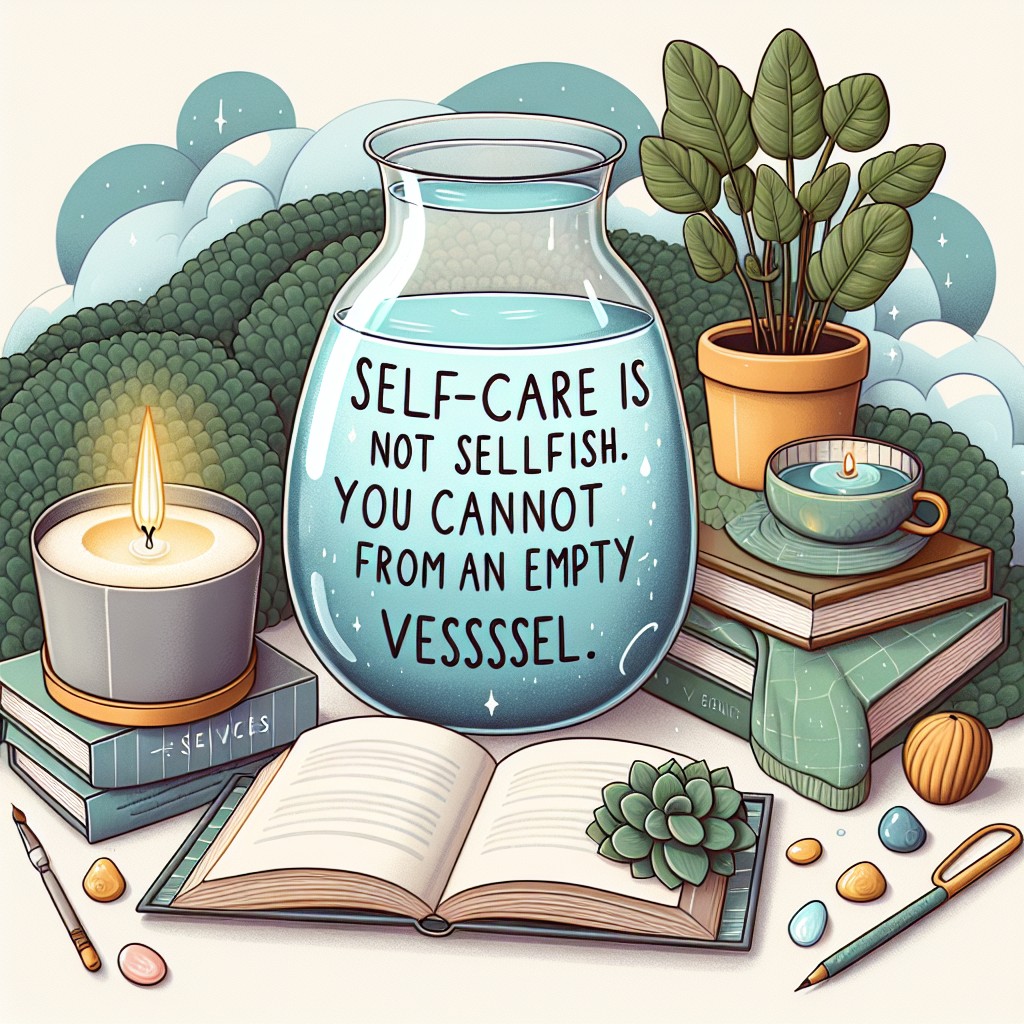This quote is particularly relevant in contexts of self-help, therapy, personal development, and mental health awareness. It’s especially powerful for individuals struggling with self-worth, perfectionism, or feelings of inadequacy.
This quote is particularly relevant in contexts of mental health advocacy, therapy, and personal development. It’s a reassuring message for anyone struggling with their mental health or going through difficult times, encouraging openness, self-acceptance, and connection with others.
This quote is often used in contexts related to mental health, personal development, and stress management. It’s particularly valuable for people who tend to be perfectionists or who are going through challenging times. The message reminds us that it’s okay to be imperfect and that self-kindness is important for overall well-being.
This quote emphasizes that struggles are part of the journey and do not define one’s overall progress or achievements. It encourages a compassionate and patient approach to oneself during challenging times.
This quote emphasizes the critical importance of mental health, happiness, and self-care in an individual’s life. Here’s a breakdown of its meaning:
Overall, this quote promotes a message of self-empowerment and encourages individuals to embrace their worth, prioritize self-care, and confidently set boundaries to protect their mental, emotional, and physical health.
In essence, healing involves a shift in power. The damage exists in one’s history, but it no longer has a commanding influence over one’s present and future. This perspective highlights resilience and the ability to reclaim one’s life despite past hardships.
Overall, this quote promotes a healthier, more realistic view of emotional experiences. It encourages self-acceptance and emotional honesty, which are crucial for mental health and personal growth. The message is particularly valuable in a society that often pressures individuals to present a constantly positive facade.
“Self-care is not selfish”: This part challenges the common misconception that prioritizing one’s own needs is a selfish act. It asserts that taking care of yourself is not only acceptable but necessary.









